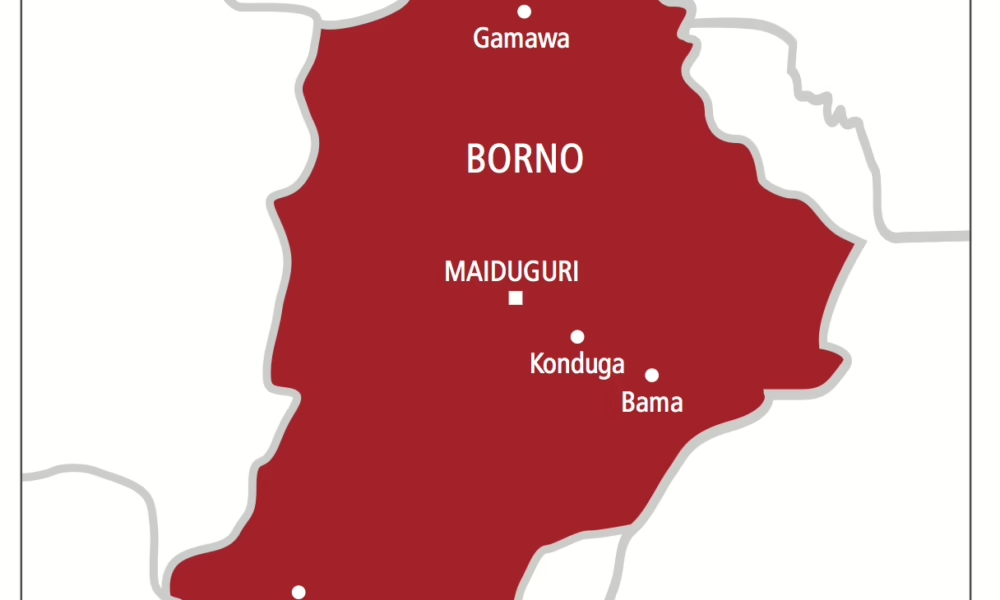A military officer who served as Nigeria’s Aviation Minister between 1985 and 1993 during the Babangida years once remarked that air travel was a luxury not meant for the poor. At the time, this comment sparked public outrage for its apparent insensitivity. Yet, more than thirty years later, that statement has proven eerily prophetic, as air travel has become increasingly inaccessible to most Nigerians.
In Nigeria, the significance of air travel is even more profound. With an underdeveloped transportation infrastructure and the risks posed by road and rail travel, air travel has become both convenient and necessary. Despite this importance, soaring ticket prices are reversing decades of progress, making air travel a luxury for the wealthy again. The soaring costs threaten the accessibility of air travel for the average Nigerian, restricting mobility and posing a barrier to economic inclusion.
This problem cannot be delayed for another day. It demands immediate attention and action. This reality is compounded by Nigeria›s unique economic and infrastructural challenges, which have made alternatives to air travel scarce, unsafe, or unreliable. As air travel becomes increasingly out of reach, so do the social and economic benefits it brings, from tourism to job creation. To restore air travel as a widely accessible service, Nigeria must address its infrastructural, regulatory, and economic challenges with targeted reforms and strategic investments. These investments, if made wisely and with a long-term vision, could transform the current state of air travel in Nigeria, making it more affordable and accessible for all.
The limited alternatives to air travel make Nigeria particularly reliant on its aviation sector, especially given the poor state of the country’s road infrastructure. According to a 2023 report by Nigeria›s National Bureau of Statistics, approximately 60% of the nation’s roads are classified as “poor,” with many roads riddled with potholes, lacking signage, and without proper maintenance. These conditions are not only inconvenient but also dangerous, as travelling on these roads can lead to vehicle breakdowns, accidents, and exposure to kidnappings and banditry. Between January and July 2024, over 500 cases of kidnapping were reported along Nigerian roads, highlighting the severe security challenges that plague ground transportation. Rail infrastructure, though expanding, remains limited, covering only 3,500 kilometres compared to India’s 65,000 kilometres, a stark illustration of Nigeria’s lag in connecting its vast geography. Water transportation is similarly underutilized, with infrastructure inadequacies and safety concerns making it an unreliable option for most Nigerians. Air travel holds unique importance in this environment as a safe and efficient means of connecting people and goods across the country.
Advertisement
However, the cost of air travel in Nigeria has surged in recent years, making it unaffordable for most Nigerians. For instance, the price of a one-way flight between Lagos and Abuja has risen from around ₦75,000 (approximately $47) in 2020 to over ₦170,000 ($100) today, effectively pricing out the average citizen.
Several factors are responsible for these soaring prices, with currency exchange rates playing a significant role. Since most aeroplane spare parts are priced in US dollars and airline operations are generally denominated in US dollars and other stronger currencies, the declining Naira means that Nigerian passengers must pay more. Aviation fuel, which now constitutes 40% of airline operating costs, has seen a price increase of over 300% since 2020 due to limited refining capacity and global oil price fluctuations.
Additionally, Nigerian airlines are subject to over 15 separate taxes and regulatory fees, ranging from value-added tax to passenger service charges. These fees significantly increase the cost of doing business for airlines, ultimately passing on the burden to consumers. Inflation, which has remained above 30% in recent years, compounds these issues, reducing Nigerian consumers› purchasing power and further limiting air travel access.











